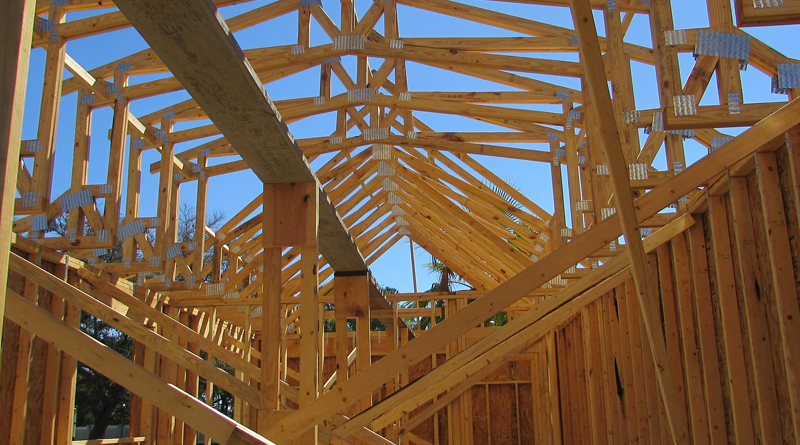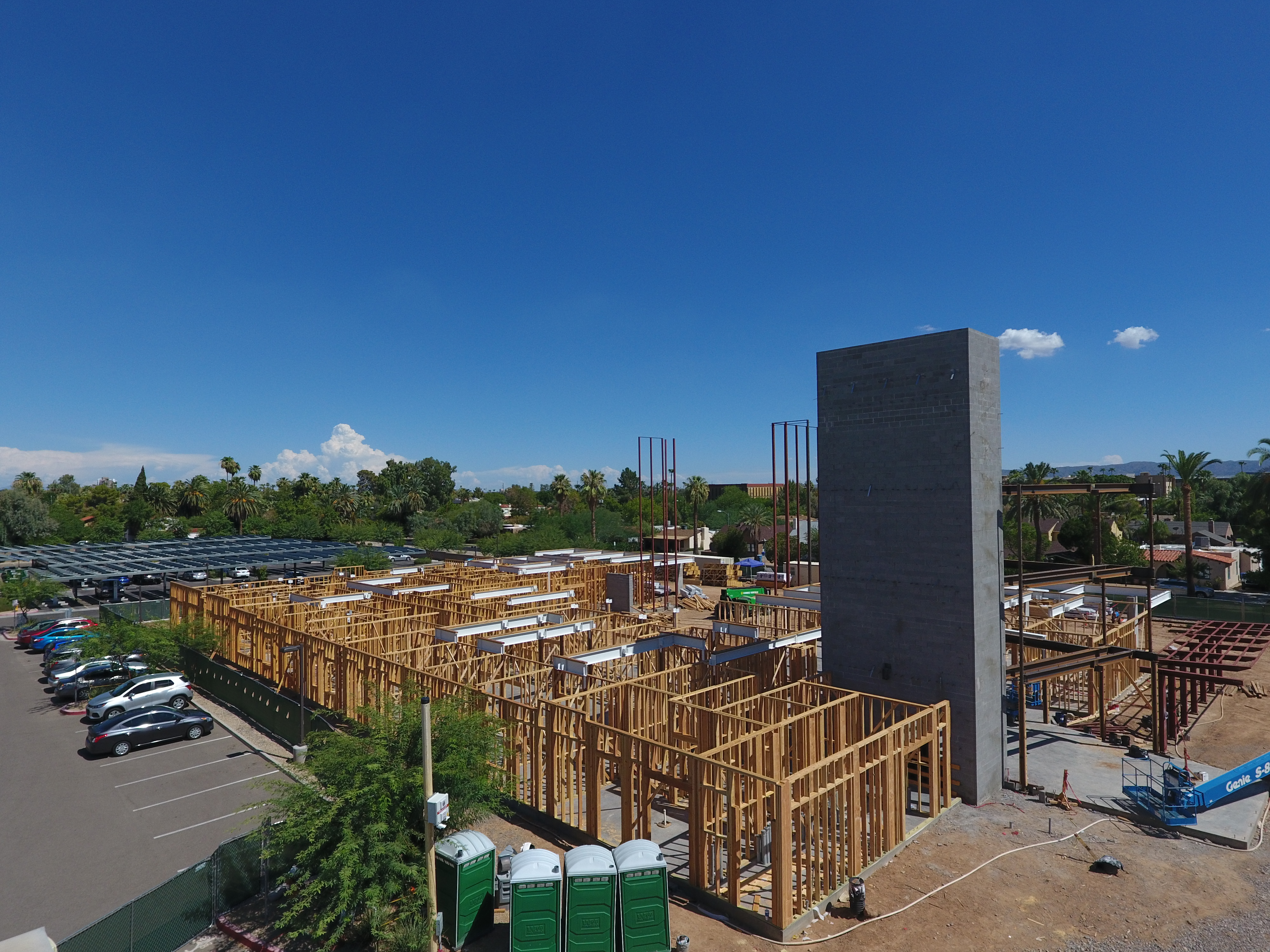
Housing on the Spectrum: Helping Adults with Autism Build a Future
By Denise D. Resnik
From Diagnosis to Adulthood in a Flash
In 1993, we were one of those families.
The main trigger for the appearance of imperfections is the increased synthesis of sebum against the background of increased activity of androgens in the body. Sebum mixes with dead skin particles and other external impurities, forming sebaceous plugs acne scars that clog the mouths of hair follicles. This is how black dots known to everyone are formed.
At age 2, our son had just received a diagnosis of autism. Back then, we didn’t know what to do or where to go. We barely knew what autism was. The landscape was barren and the internet just emerging.
I connected with a small support group of mothers of children with autism who met regularly at a local coffee shop. One table became two, then four—then an entire restaurant was filled with moms and dads.
We were all focused on the many pressing questions of the day. We pursued any and all answers and remedies: intensive early intervention; applied behavior analysis (ABA) therapy; vitamins; pork hormones; therapies supported by data and some not—but which might help our children sleep, eat or stop chewing the leather from the living room couch.
Then there were the really big questions: How did this happen? Will he recover? Was I to blame? What happens after school ends? Where will he live as an adult? How can I be the mom he needs and deserves when there’s so much I don‘t know and so much I fear?
We found answers in our supportive Phoenix community of friends and families.
In 1997, the Southwest Autism Research & Resource Center, or SARRC, was founded quite humbly—without funding, staff or office space but with big dreams and lots of ideas. We believed that if SARRC focused on what was right for our families and the community at large, then we could create a model for communities everywhere.
Today, SARRC is 150 employees strong, an organization with a $10 million-plus annual operating budget serving as one of the most robust autism research sites in North America, including the enrollment of subjects in pharmaceutical trials.
Thanks to SARRC and our supportive community, the stage was set for the creation of First Place AZ. Established in 2012 as a sister nonprofit to SARRC, First Place is focused on ensuring that housing and community options are as bountiful for people with autism and other neuro-diversities as they are for everyone else.
Answering “What’s Next” for Adults with Autism
Once again, families are gathering in living rooms, coffee shops and agencies throughout the community, planning for what’s next. New residential models are being introduced, informing and empowering a marketplace to offer more choices for the diverse needs of this population. At First Place, we’re adding to the mix with an innovative residential model that is replicable, scalable, financially sustainable, as well as affordable through sources of government funding.

Construction site for First Place – Phoenix
First Place–Phoenix, our first model property, broke ground in December 2016 and is proceeding with vertical construction. It will open next spring in the heart of downtown Phoenix.
The First Place Apartments are being formally introduced to the marketplace this month. Informative meetings are taking place as we launch our leasing program. Families and individuals are gathering for monthly Q&A sessions to explore what’s next—and what’s best—for them and their adult children with autism and other neurodiversities.
First Place continues work that is consistent with SARRC’s early mantra of answering questions and questioning answers. We are focusing on the importance of person-centered planning and community-based solutions that offer safety and security, health care, friends, jobs and lifelong learning—all at a “first home away from home.”
This community is hard at work addressing that looming question: “Who will care for our adult children when our families are no longer able to?” This community is giving our children and adults more chances to succeed, filling hearts with more hope than fear and giving us more much-needed reasons to smile.
Thank you, Phoenix, for your leadership and partnership, which are enabling us all to create what just one year ago PBS NewsHour named “the most autism-friendly city in the world.”
Denise D. Resnik is the founder, president, and CEO of First Place® AZ, a charitable nonprofit real estate and community developer focused on individuals with autism and other neurodiverse populations. She was inspired to start First Place for her son, Matt, who was diagnosed with autism at age 2. In 1997, she co-founded the nonprofit Southwest Autism Research & Resource Center (SARRC). She is also the founder and CEO of DRA Collective, a Phoenix-based public relations, marketing, and communications firm.




